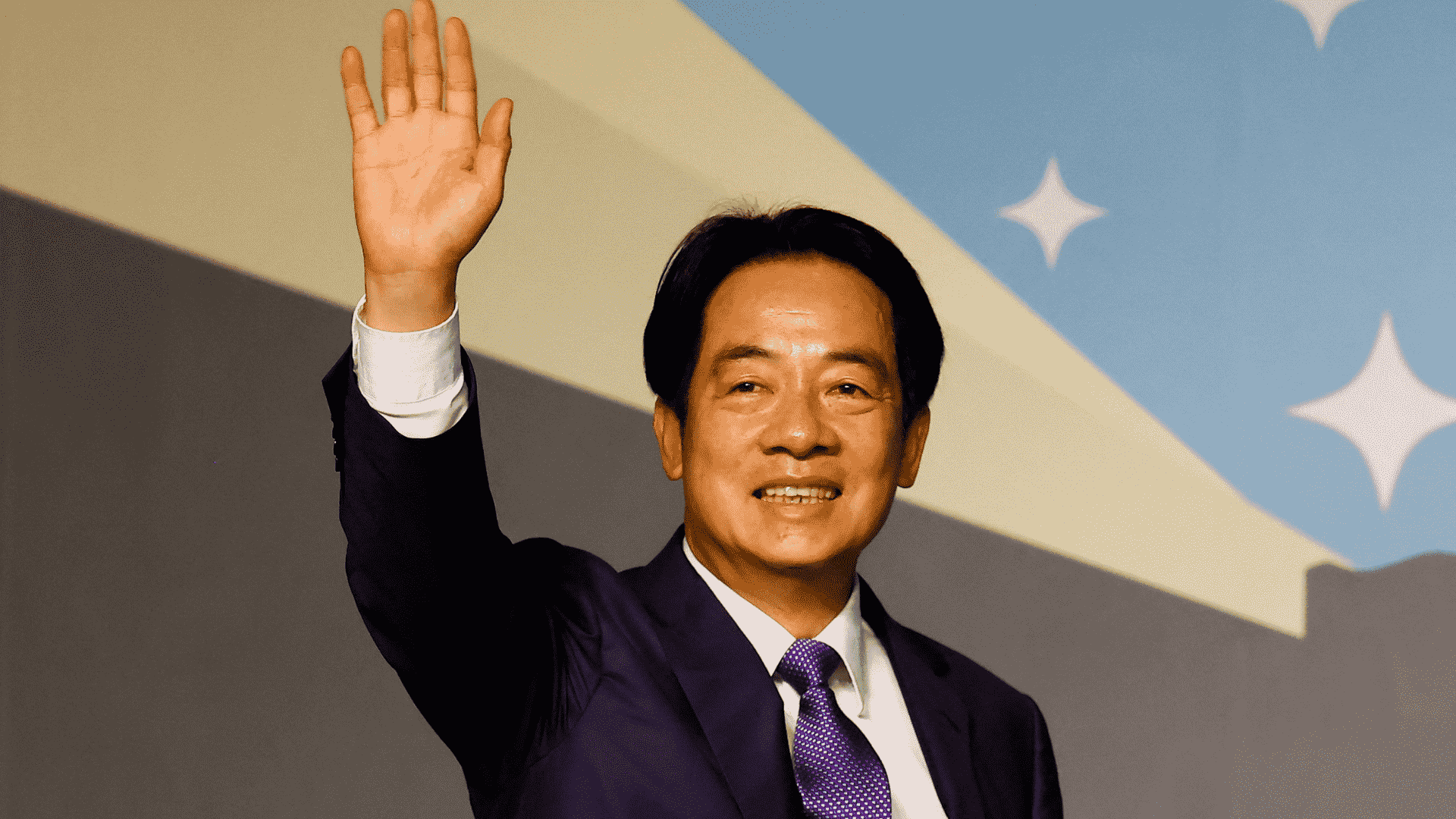Lai, while introducing the new national security teams composed of individuals transferred from existing roles within the administration, informed reporters that they faced an unprecedented challenge due to the rise of authoritarianism and the continual pressure exerted by China.
He also made the same offer to Beijing to speak.
“I am very much looking forward to China having the confidence to engage with the elected and legitimate government that the Taiwan people have entrusted. That is the right way for cross-strait exchange,” he stated.
